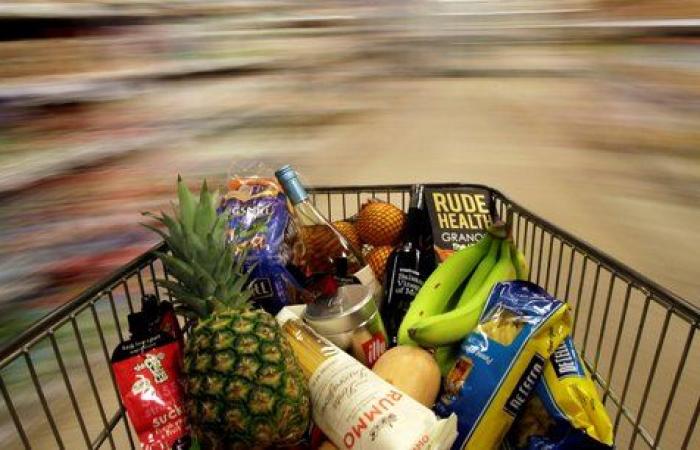More transparency on prices in supermarkets
From July 1, large stores will have to inform customers more explicitly if products sold are affected by “shrinkflation” practices, that is to say when products are sold in smaller quantities for a lower price. equivalent. This legal practice makes price increases less noticeable to consumers. Supermarkets believe that it should be up to agro-industrial manufacturers to take charge of this display, and specialists are doubtful, noting that reductions in quantities are often accompanied by changes in recipes. The display of the price per liter or per kilo, which highlights a price increase, is also already mandatory.
“Shrinkflation”, payment delays: Bercy wants to tighten the screws on the biggest consumer frauds
Gas bills set to rise again
Already announced at the start of the year, the significant increase in the price of gas distribution is confirmed. An increase explained mainly by the sharp increase in maintenance and modernization costs of the gas network, but which is also due to the fact that the tariff for the period from 2020 to 2024 had been negotiated in 2019, it is that is to say before the shock of the energy crisis and even the pandemic. Significant result for the wallets of the French: the average gas bill will increase by 11.7%, an annual increase of around 124 euros.
Revaluation of unemployment insurance
Unemployment insurance benefits will be increased by 1.2% on July 1. This increase “would affect approximately 2 million job seekers receiving benefits” out of approximately 2.7 million in total, according to Unédic. Some beneficiaries of less than six months are not affected.
The rules governing unemployment insurance also expire on Monday, requiring a new decree which is long overdue. According to the commitment of the outgoing government, the rules in force must be extended five months before being tightened from December 1: one would have to have worked 8 months out of the last 20 months to be able to be compensated, compared to 6 months over the last 24 months currently. For unemployed people under 57, the maximum duration of compensation would be reduced to 15 months. But a possible change of majority could reshuffle the cards.
Unemployment insurance: benefits increased by 1.2% on July 1
Simplified DPE for small areas
The method of calculating the energy performance diagnosis (DPE) of housing is changing for areas of less than 40 square meters. According to the government, this corrects a “bias” which disadvantaged small areas. This modification should allow 140,000 homes to move out of energy classes F and G, the worst, which must gradually be subject to rental bans. The owners of the housing concerned can obtain a certificate with their new energy label on the website of the ecological transition agency (Ademe).
On-board “black box”
Several safety features reserved for high-end cars will become mandatory from July 7 for all new cars and vans sold in Europe, such as speed adaptors, lane keeping assistance, radars or reversing cameras, attention loss warning and a “black box” on each vehicle.
Tax exemption for businesses setting up in rural areas
The new “France Ruralités Revitalisation” zoning, which comes into force on July 1 to strengthen the attractiveness of rural areas, benefits 17,700 small municipalities. Companies that set up there will be able to benefit from exemptions from income tax, business property tax and property tax on built properties. This system is often cited by elected officials as a means of attracting medical and paramedical professions to rural areas.
(With AFP)






